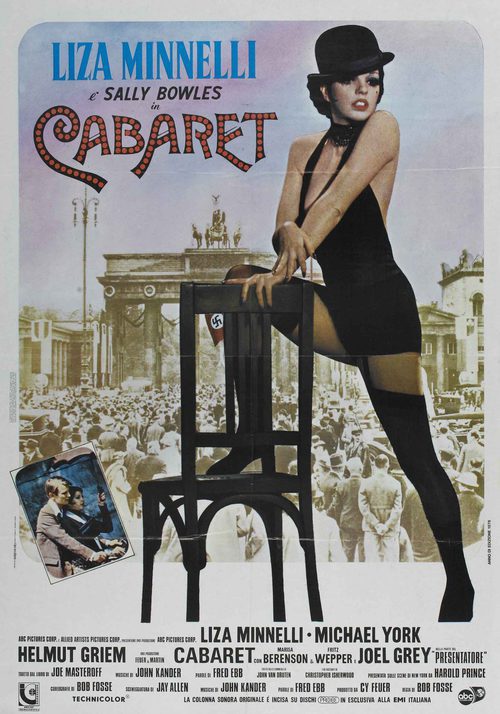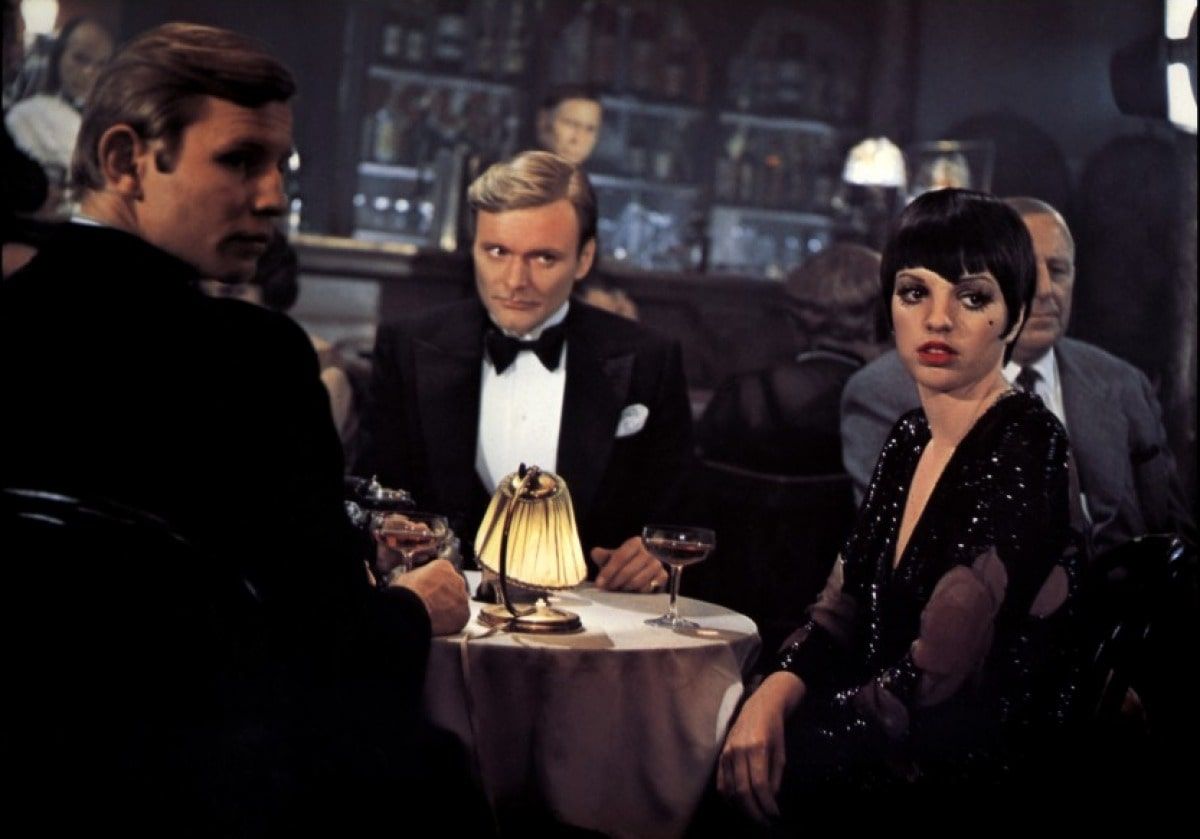Musical "Cabaret" has resonance with some political systems
"Cabaret", directed by dancer and choreographer Bob Fosse, established Liza Minnelli in musical cinema. It inherited icons beyond the theater, recalls Hugo Villa Smythe on the half-century anniversary of its premiere.

The "most powerful film in the history of musical cinema" that captured through this genre the great disillusionment of militarism between the world wars was "Cabaret", according to Hugo Villa Smythe, General Director of Cinematographic Activities at UNAM. On the occasion of the commemoration for the 50th anniversary of the film's release, which is celebrated on February 13, the expert recalls:
"It's windy out there," said the master of ceremonies played by American actor Joel Grey, perhaps about pre-Nazi Germany, so the film "is a dreamlike revision of the space between the world wars, of the Weimar Republic (a period in German history from 1918 to 1933), which certainly has resonance with some political systems we are living in today.
The film, which won eight Oscars in 1972 and is preserved in the archives of the Library of Congress, was directed by U.S. dancer and choreographer Bob Fosse. The work showed disenchantment with the traditional system of thinking in the United States" in a context (at the time of its premiere), in which this nation was still at war with Vietnam.
"To approach a musical, and to do it in such a groundbreaking way, so stark, and to show us such a disillusioned, hopeless version of this genre, I think that is a great contribution of Cabaret," said the also former director of Production at the Mexican Film Institute. It is iconic because it inherits icons beyond the theater. Of course, the play (in its theatrical version) toured the world, it was even presented in Mexico, but in this format, it is constantly exhibited in the great forums of Broadway.

The critical musical
"Cabaret", a 123-minute feature film starring Liza Minnelli, Michael York, and Joel Grey, is a free adaptation of the 1966 musical of the same name, which in turn was based on Christopher Isherwood's novel, "Goodbye to Berlin" (1939). Set in the 1930s, when the Nazi party dominates a city in which love, dancing, and music mingle in the lively nightlife of the Kit Kat Club, where young Sally Bowles (Liza Minnelli) and a playful ringmaster (Joel Grey) make people forget the sadness of life.
The film served as a formidable vehicle for Liza Minnelli's consolidation in musical cinema, who inherited it from her parents. "She is in that great position that gives her the character in this as a kind of ingenue, who plays in Germany before the rise of Nazism," he added. Hugo Villa, who has been production manager on several film projects, highlights the work of director Bob Fosse, who knew how to imprint "the sense of belonging he has in the cabaret's own space".
We cannot forget, he emphasizes, that he was a dancer, who debuted at the age of 13 doing vaudeville in the intermissions of burlesque theater, of cabarets, built specifically for scenes like some of the musical numbers he staged. "There are some angles, some camera positions that he looks from. He decides that he will present the musical numbers in which that presence is noticeable, not only to know how the act works scenically, the cabaret number he is doing, but the famous choreographies with the chair, for example," Hugo Villa abounds.




